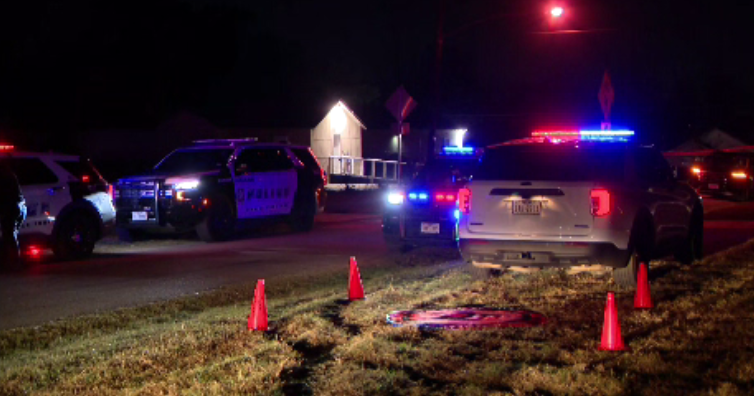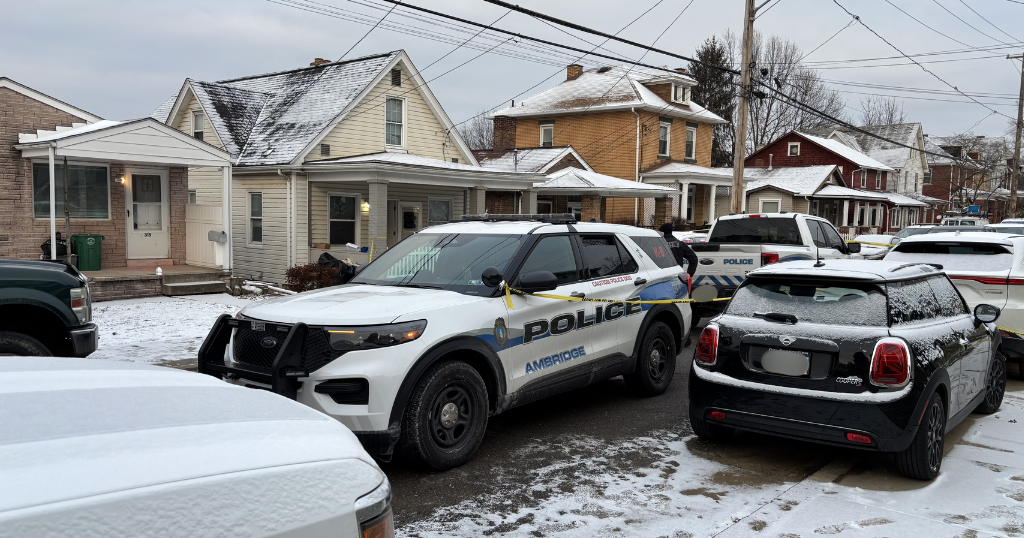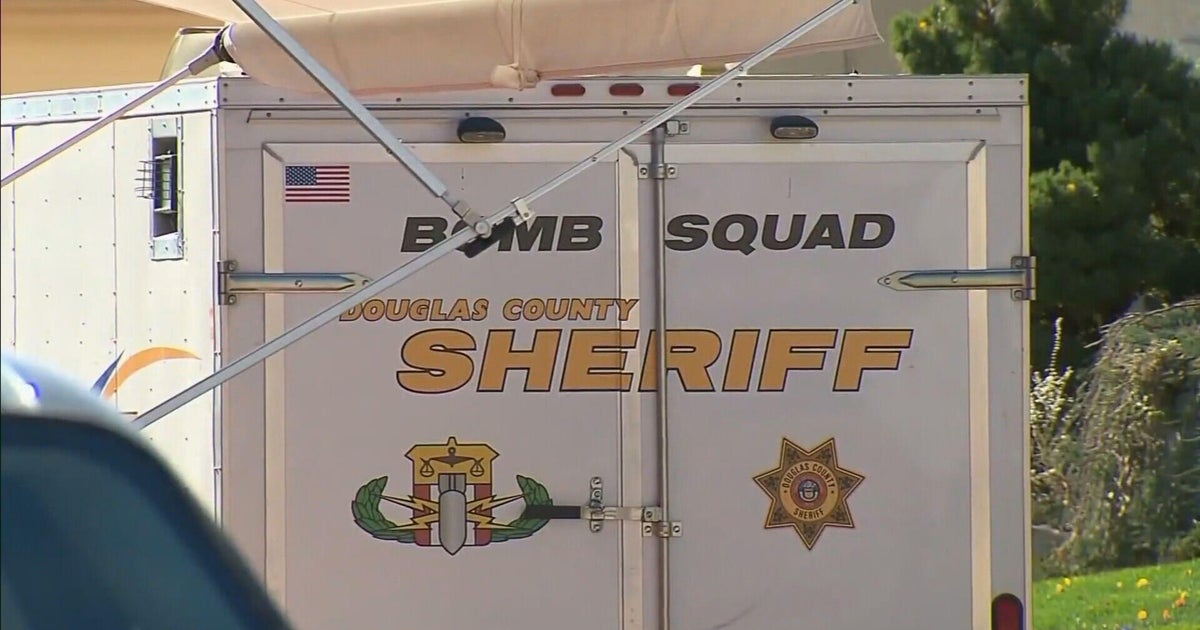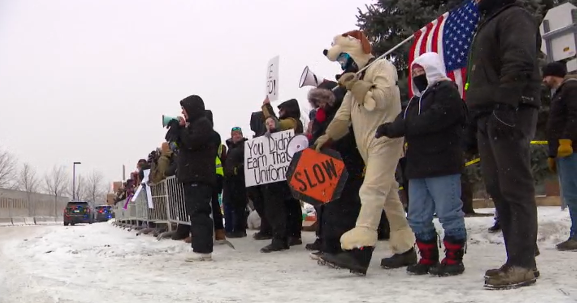Last responder takes care of herself so she can be a "voice for the deceased"
MINNEAPOLIS — There are first responders and there are last responders — those who try to save a life and the ones who come after a life is taken by gunfire.
Death investigators with the Hennepin County Medical Examiner's Office respond to crime scenes. They are emersed in the details to help determine a cause of death.
This is where Lisa Estes starts, packing up to head out to a call when someone is a victim of gunfire.
"So we're going to be the eyes and ears for the pathologist when we're out on that scene and gather as much information as we can," Estes said.
This is Estes' 24th year with the Hennepin County Medical Examiner's Office.
"It's just being able to help others when they're going through a difficult time," Estes said.
WCCO Investigates: ATF agent on dangers of straw purchasers: "They are on the same level as the actual trigger pullers"
She's right there on crime scenes, a last responder arriving after the lifesavers: Police, fire and emergency medical services.
"We know we all are going to die at some point, but to see the violence and some of the injuries that we have to see, it can be, for the average person, extremely traumatic," Estes said.
Estes credits her love for people and a former career as a funeral director with how she's able to stay composed.
"Here you have to be a voice for the deceased and help the next of kin. I know what to expect and I can deal with my feelings while I'm there because I have to be professional and get the information," Estes said.
And all these years later, the trauma can still be too much to bear.
READ MORE: Hennepin Healthcare workers crushed by cost of gunfire
"When you're right there with them, I have to remain professional. But it can be tearing me apart," Estes said.
"What is it like when you show up to a scene and it's a teenager?" Investigative Reporter Jennifer Mayerle asked.
"It breaks my heart. They haven't even had a chance to live their life, breaks my heart. It's just senseless. And in part, it makes you angry, so there's some anger there, it's like, 'Really?'" Estes said.
They have ways to manage at work.
"We talk amongst ourselves to deal with the pain," Estes said.
The new office has quiet rooms.
"You can make it a couch, or just lay down or sit, turn the lights off if you want, be quiet," Estes said.
She takes steps of her own so she can continue to take care of others.
"You kind of have to shut that off and do things that take care of you, whether it be reading, listening to music, getting a massage, doing those self-care things. Because you're going to need it the next time you go to work," Estes said.
Death investigators work three-day weeks with 12-hour days. They also respond to any accidents, suicides, suspicious deaths and deaths of people under age 55 with no significant medical history.







